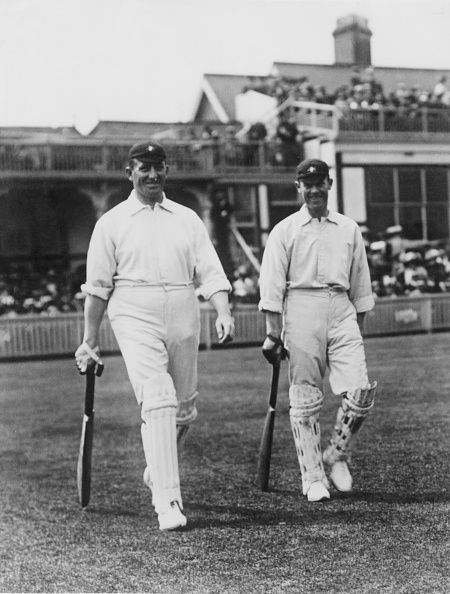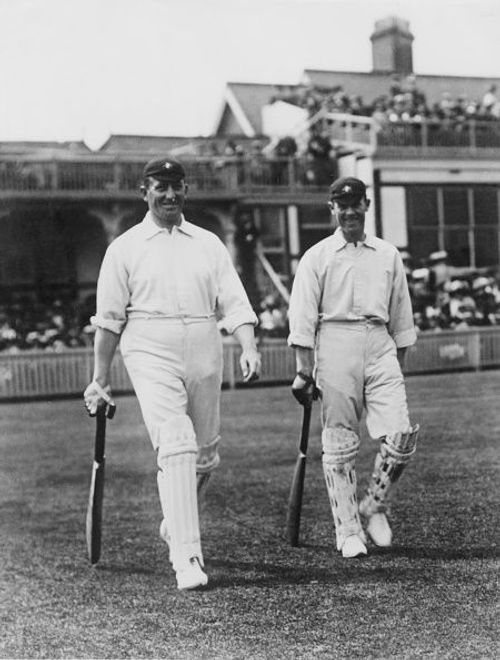
The Greatest Player of Every Decade

The requisite set of skills required to make a great cricketer have changed greatly since Test Cricket's conception in the 1870s.
The sport was much more exclusive in its early days. Not only were there fewer countries involved, but those who made the side tended to be upper-class members of society, who didn't need cricket to provide them with a full-time income. There was subsequently a vast disparity in the quality of players in the games early years.
Nowadays, cricket is much more egalitarian. The game no longer sees players stride out into the middle wearing garb you'd expect to see public school students in. The bats are now bigger, but so are the biceps, as physical condition is not only now more important than when Test Cricket began, but even then it was in the past couple of decades.
In addition to the modernizing of the game, certain aspects of cricket have been ebbing and flowing since it began. The contests between bat and ball, spin and pace, defence and offence, have all fluctuated over the years.
Examining the best player from each decade therefore not only offers insight into the individual player, but the era they played in.
These players are selected solely by their performances during a specific decade. So, for example, Mark Taylor's incredible debut series in 1989, where he made 839 runs to help deliver Australia the Ashes, would not be considered in regards to his standing as one of the best players of the 1990s.
Naturally, this disadvantages some players and benefits others. Kevin Pietersen played his 104 Tests between 2005 and 2014, therefore splitting his career fairly evenly between two decades, and is subsequently disadvantaged by this criteria.
In contrast, Malcolm Marshall's Test career spanned from 1978 to 1991, with the bulk of his matches subsequently coming in the 1980s. The timing of Marshall's career is, therefore, more favourable for this method of selection.
Another note on selection is that ODIs and T20Is are given little weight in influencing the players who are picked. While it can be argued that Test cricket is an entirely different game to what it was in 1877, the fact that ODIs are relatively new in cricket's long and detailed history means that giving them too much emphasis would lead to inconsistencies.